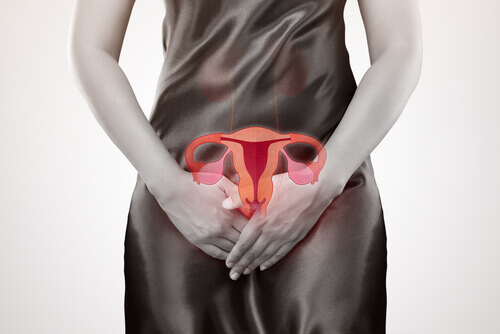
Vaginal discharge is quite normal. This discharge is a fluid that is a mix of cervical mucus and vaginal secretions. The amount of vaginal discharge that a woman produces will vary. There are certain factors that may affect the amount and consistency of vaginal discharge. Some of the things that can affect vaginal discharge include changing hormones, pregnancy, and possible infections. Typically, vaginal discharge will begin not long after a girl gets her first period.
The discharge has several functions such as keeping the vaginal area clean, providing lubrication for intercourse, and it can also help to prevent infections. While it may seem like something is wrong if you are suddenly experiencing more discharge than normal, chances are that it is just your body going through some type of change. Here are ten things that your body may be telling you through your vaginal discharge.
1. Cervical Patterns
The cervix is the passageway from the upper and lower reproductive tract. There are glands that surround the cervix that create fluid. The consistency, quality, and the volume of the fluid will change with your menstrual cycle. The experience and pattern of these fluid changes are different for every woman, but tend to follow a fairly cyclical pattern.
The changes in the quantity, quality, and function of the fluid are a response to the changes in your hormones. At different times the cervical fluid will act in different ways. It can prevent or facilitate sperm from going past the cervix. The fluid also contains antibodies, which can help keep unhealthy viruses and bacteria from getting past the cervix. This fluid is very important, which is why when there is a bit of discharge from the vagina it is completely normal and often is not something to worry about.


